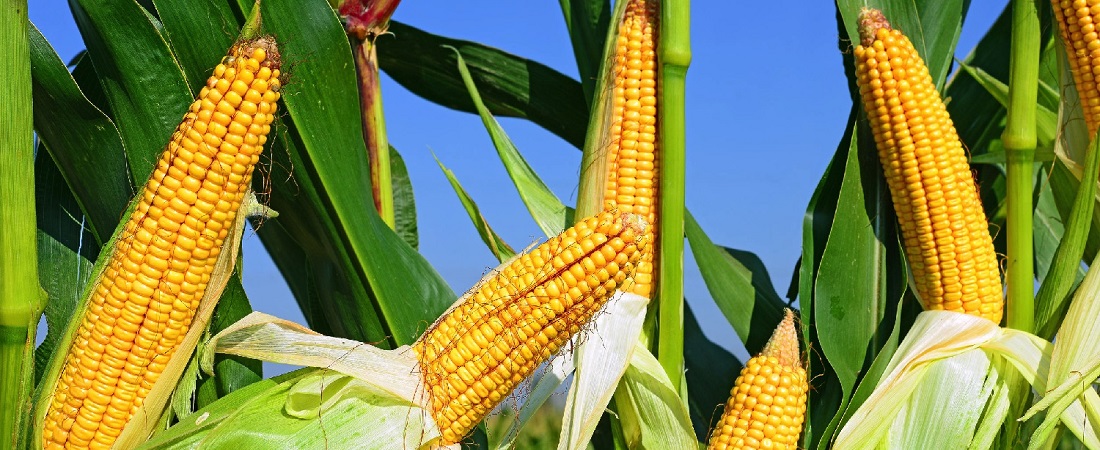
Government Facilitates Corn Import: The Price Is Paid by All of Us
Jan, 30, 2025 Posted by Denise VileraWeek 202505
The recent announcement by Agriculture Minister Carlos Fávaro regarding the reduction of corn import tariffs to control domestic prices has sparked controversy and concern within the agricultural sector. The justification behind this decision is to ensure that corn is not more expensive in Brazil than on the international market. However, what seems to be a simple solution is a decision that could have disastrous long-term consequences for the country.
Reducing tariffs to facilitate corn imports is akin to opening the doors to unfair competition with Brazilian producers. While the government here discourages national production, foreign governments incentivize their farmers with subsidies and support policies that make them more competitive. This measure may provide immediate relief for consumers, but society will feel the long-term effects.
With foreign corn entering the market at lower prices, Brazilian farmers face unequal competition. This could reduce domestic production, damaging the producers and the entire production chain. As the world leader in food exports, Brazil runs the risk of becoming dependent on imports to meet domestic demand, increasing its vulnerability to global crises and exchange rate fluctuations.
Corn is fundamental for animal feed production and essential for poultry, pigs, and cattle. A drop in domestic production could make other foods more expensive, creating an inflationary chain reaction.
Brazil’s primary competitors in the global corn market, such as the United States, Argentina, and the European Union, offer far more favorable conditions to their farmers. Foreign producers receive direct financial support from their governments, which reduces production costs and enhances competitiveness.
Modern rail networks and waterways allow for much cheaper transportation of grains than in Brazil, where highways and expensive diesel dominate. Favorable fiscal policies in the U.S. and the EU provide cheaper access to fertilizers, pesticides, and machinery.
While agricultural financing rates are high in Brazil, often exceeding the Selic rate, competing countries benefit from subsidized credit and lower interest rates.
Before facilitating imports, the government should prioritize structural measures that strengthen the national agricultural sector and benefit the entire society. Exempting inputs such as fertilizers and pesticides from taxes and revising the sector’s tax burden are necessary. Additionally, projects like Ferrogrão and expanding waterways and ports would reduce logistics costs and boost competitiveness. Aligning agricultural financing rates with those of competing countries would enable more investment in the field. Finally, reversing the re-taxation of fuels like diesel is essential to alleviate inflationary pressure.
Brazil becomes dependent on foreign corn by weakening domestic producers, which makes it subject to international prices and exchange rate fluctuations. The outcome? Higher prices and supply instability. Furthermore, the loss of competitiveness directly impacts the economy, resulting in fewer jobs and less investment in the rural sector.
Reducing tariffs on corn imports may appear to be a short-term solution, but its effects are harmful and long-lasting. Instead of weakening national production, the government should focus on solutions that strengthen the agricultural sector, ensure cheaper food, and sustain Brazil’s economy in the long run.
Brazil’s future depends on policies that value producers, not measures that endanger our food self-sufficiency. We need a government that understands that weakening Brazilian farmers weakens the country.
By Lucas Costa Beber
Source: Folha do Estado
-
Meat
Oct, 21, 2020
0
BRF temporarily suspends chicken slaughterhouse due to lower demand from Middle East
-
Meat
Feb, 13, 2019
1
BRF recalls chicken over salmonella fears
-
Trade Regulations
May, 29, 2024
0
Peru opens market for Brazilian bovine and swine blood products
-
Ports and Terminals
Jun, 24, 2024
0
Suape completes mapping of seabed in the port area in partnership with federal university



